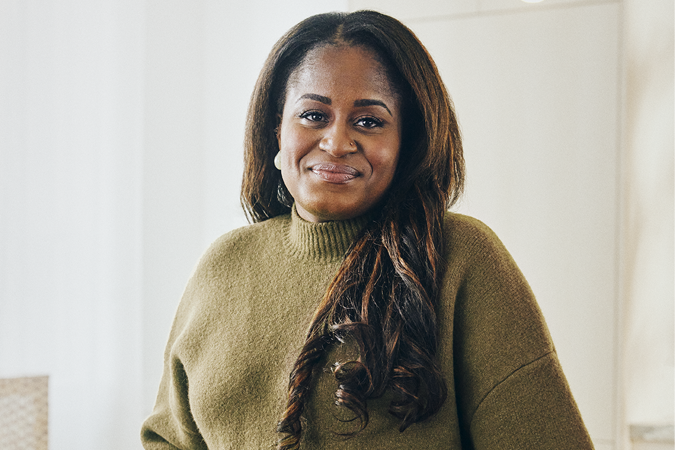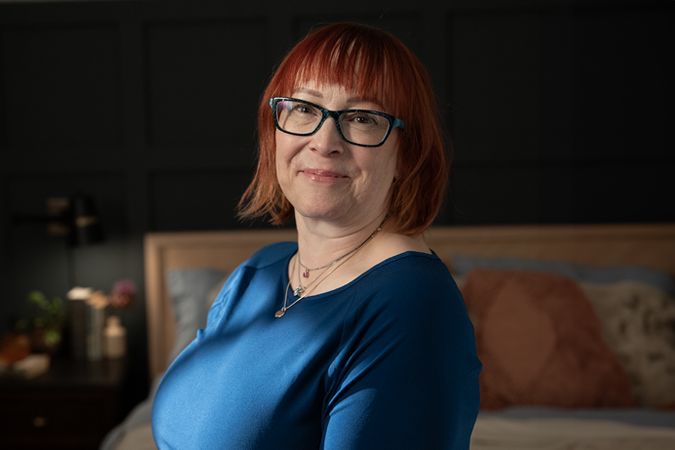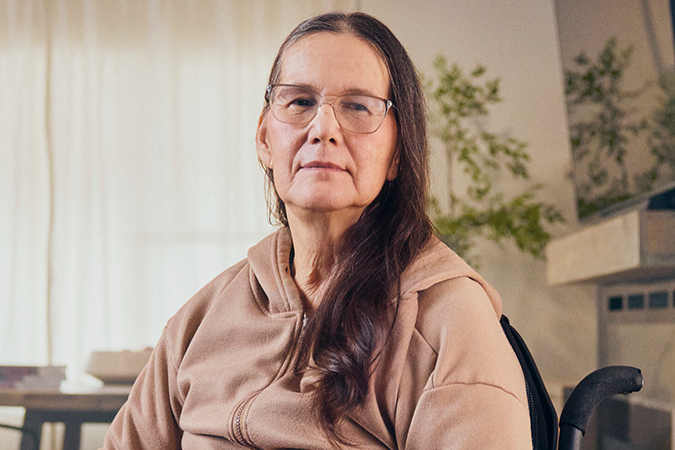High blood pressure (hypertension) increases the risk of stroke and heart conditions, in both men and women, but especially for women as they age. It’s the number one risk factor for stroke and a major risk factor for heart conditions. But your risk can be significantly lowered by healthy lifestyle choices and medication.
High blood pressure can affect women differently and can lead to worse outcomes compared to men. High blood pressure increases in severity in women as they age, beginning as early as in their 20s and 30s.
Pregnancy can lead to high blood pressure and gestational diabetes, both of which increase the lifetime risk of heart conditions and stroke. Women who experience high blood pressure during pregnancy are two to three times more likely to develop heart conditions or stroke and two times more likely to die from heart conditions or stroke before age 70.
There is also strong evidence that women who have high blood pressure, especially in their 40s, have a higher risk of developing dementia as they get older. This risk is not present among men.
High blood pressure can lead to some conditions in women more often than men such as poor heart function, enlarged heart, stiffness of the arteries and chronic kidney disease.
Women tend to be less aware of their high blood pressure than men. They are more likely to have undiagnosed high blood pressure and even when diagnosed, their blood pressure is less well controlled. In addition, women report more side effects from high blood pressure medication than men.
Additionally, women face more challenges being able to pay for medication to control their high blood pressure.
Know your numbers. Women of all ages should monitor their blood pressure and speak to their health care provider if it increases.
- Learn more about high blood pressure and how to control it


